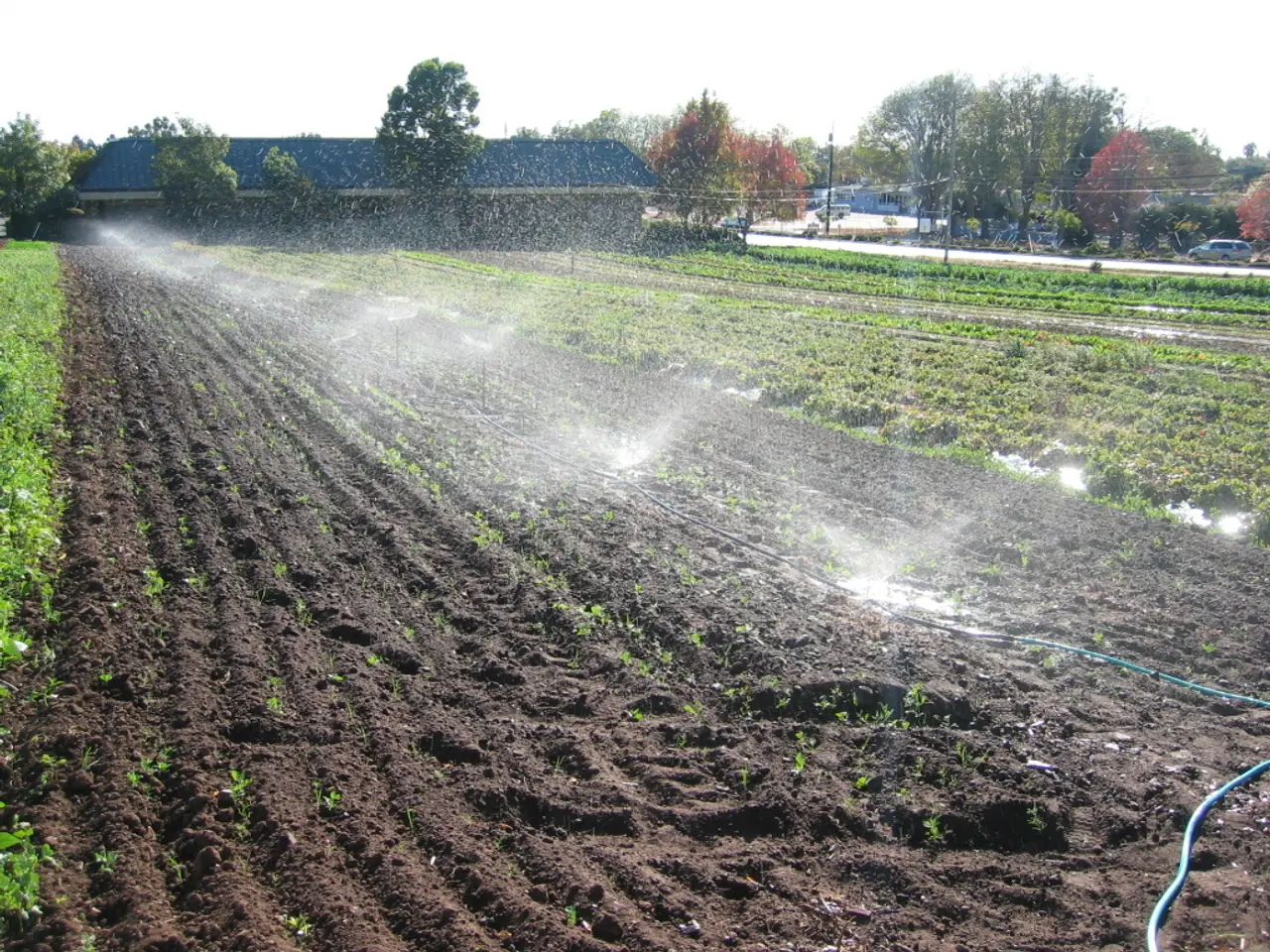Colorado's Denver-Julesburg Basin: Oil and Gas Industry Faces Challenges and Changes
The oil and gas industry's future in Colorado's Denver-Julesburg basin faces challenges and changes. While local governments have benefited from the industry, decreasing commodity prices and production have led to revenue drops. Land use conflicts are emerging as cities grow and develop near existing oil and gas infrastructure.
At the industry's peak in 2014, over 60 rigs were active in the basin. However, by September 2016, this number had plummeted to around 15 due to falling oil and gas prices. This decline has significantly impacted local governments, with Weld County projecting a $40 million decrease in total property tax revenues from 2015 to 2016.
Cities like Longmont and Fort Collins, which have banned or imposed moratoria on hydraulic fracturing, face different oil and gas-related issues. They grapple with the environmental and health impacts of nearby operations. Meanwhile, in the heart of the producing region, development often occurs in and around residential areas with less political opposition.
Rapid population growth and urban expansion in areas like Weld County, Boulder, Broomfield, and Adams County are leading to potential land-use conflicts and regulatory challenges. For instance, the city of Evans expects a recent oil and gas project to reduce its potential future housing stock by roughly 200 units.
As Colorado's oil and gas industry evolves, so do the challenges and benefits it presents. Local governments must navigate decreasing revenues, potential land use conflicts, and contentious political issues. The future of oil and gas development in the state remains uncertain, with ongoing regulatory challenges and shifting public opinion.
Read also:
- State Supreme Court Rules in Favor of Hogg Hummock Residents, Referendum on Zoning Change to Proceed
- Germany's Coalition Explores Social Security Reforms Amid Record Spending
- chaos unveiled on Clowning Street: week 63's antics from 'Two-Tier Keir' and his chaotic Labour Circus
- Anduril Unveils Barracuda-500: Revolutionary Missile Set to Transform Warfare








